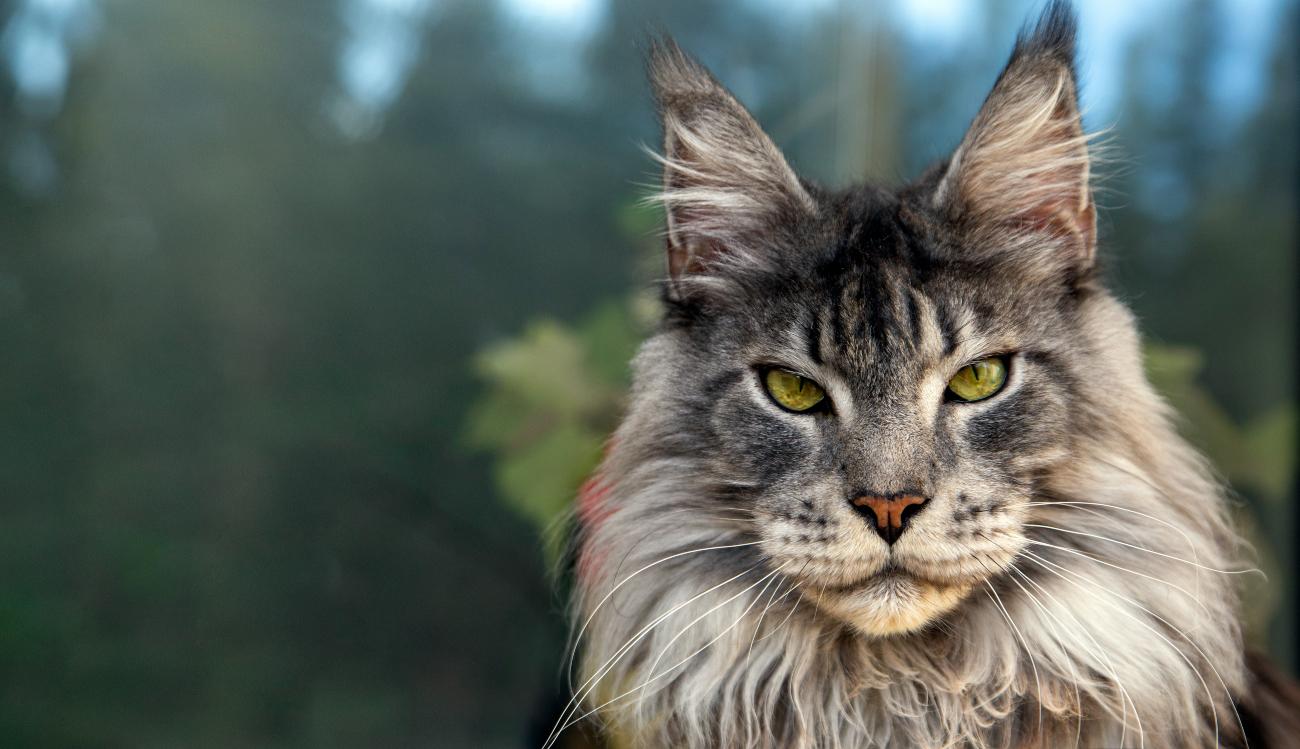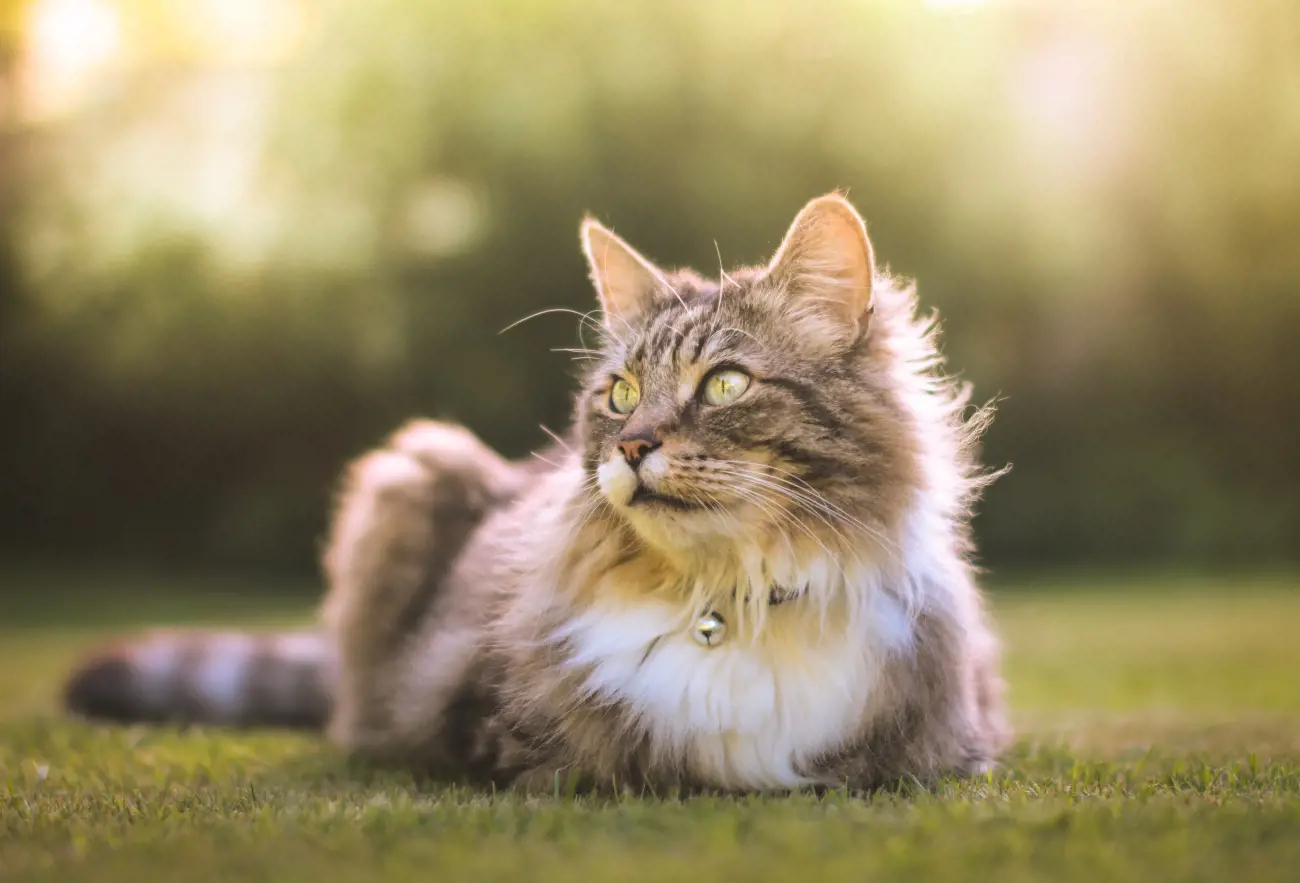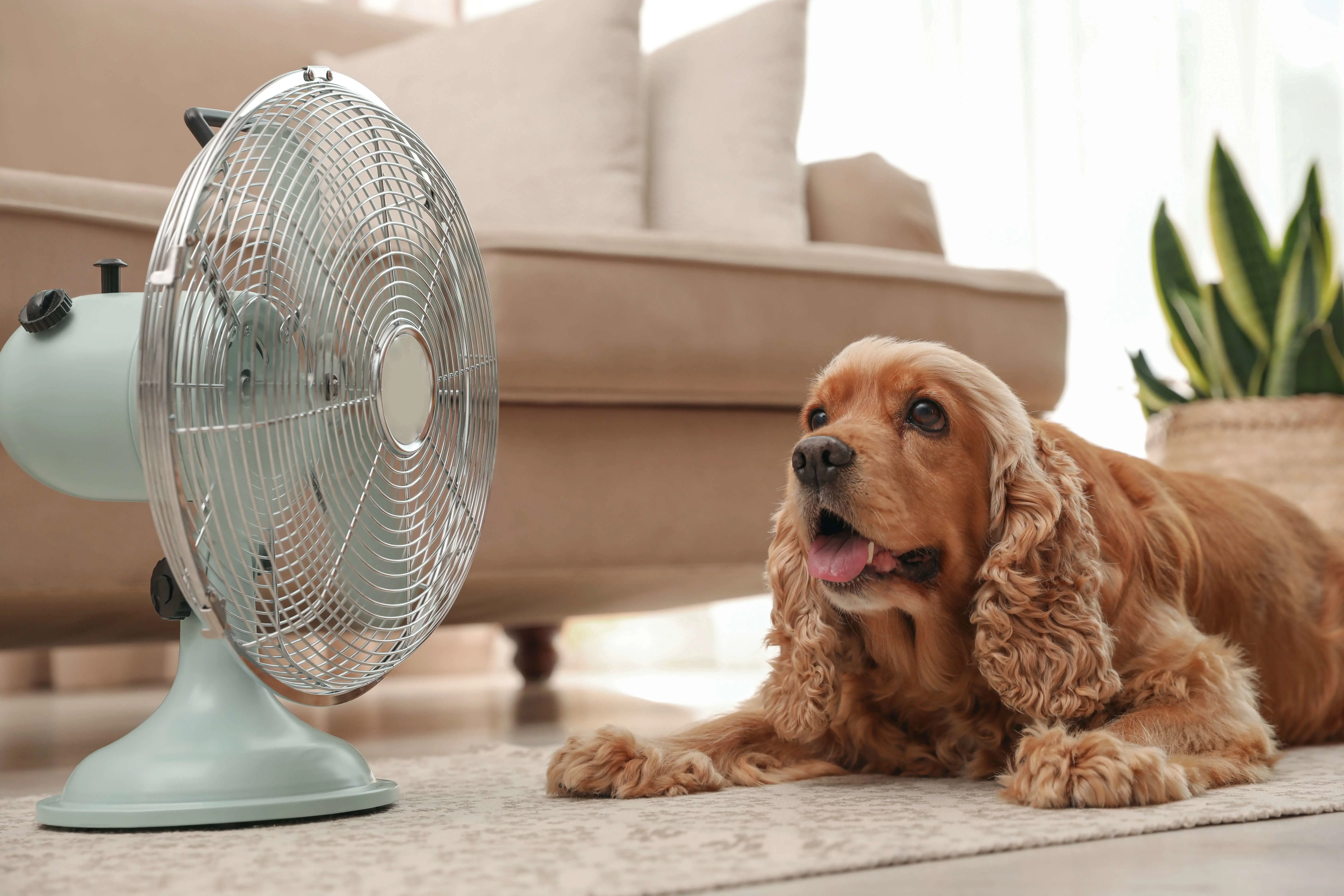Understanding cat allergies: The best and worst cat breeds for allergy sufferers
3rd January, 2024

Being a cat lover who is also prone to allergies can be a tricky situation. Cats are known for their endearing companionship and cute antics, but for those with allergies, these adorable creatures can unfortunately trigger unpleasant symptoms. So, if you're wondering which cat breeds are the worst for allergies, this comprehensive guide is here to answer your queries.
We'll also delve into the question, "Do hypoallergenic cat breeds exist?" and explore "What is the best type of cat for someone with allergies?". Let’s sail through this feline voyage together, and by the end, you’ll be better equipped to pick the purr-fect feline friend that suits your allergy situation.
Remember, even your furry friend can benefit from some protection, so don't forget to get a cat insurance quote for your future pet!
Understanding cat allergies
Before we delve into the best and worst cat breeds for allergy sufferers, it's essential to understand the root cause of cat allergies.
Contrary to popular belief, it's not the cat's fur that leads to allergies. Instead, the perpetrator is a protein known as Fel d 1, found in cat's saliva, urine, and skin excretions, also known as dander.
Whenever cats engage in self-grooming, they transfer this protein-laden saliva onto their fur. Once the saliva-drenched fur dries, it can become airborne, increasing the chances of allergic reactions when inhaled.
Symptoms of cat allergies can vary in severity, ranging from mild to severe, and may include:
- Sneezing
- Itchy, red, or watery eyes
- Nasal congestion
- Coughing, chest tightness, shortness of breath
- Skin rash or hives
- Facial pain due to nasal congestion
- Swelling around the eyes and nose
Hypoallergenic cats: Fact or fiction?
The term "hypoallergenic" often surfaces when discussing cat breeds suitable for allergy sufferers. However, it's important to note that no cat breed is entirely hypoallergenic.
All cats produce the Fel d 1 protein, which triggers allergic reactions. The notion of hypoallergenic cats primarily revolves around certain breeds that produce less allergens than other cats, making them a more suitable choice for those with mild to moderate allergies.
A deep dive into allergen factors
Several factors can influence the amount of allergens a cat produces. Here are a few to keep in mind:
- Age: Kittens generally produce fewer allergens compared to adult cats.
- Gender: Male cats are known to produce more allergenic saliva than females do.
- Colour: Lighter-coloured cats tend to produce fewer allergenic secretions than their darker counterparts.
Do neutered male cats produce fewer allergic reactions?
Yes, neutered male cats and female cats tend to produce fewer allergens than unneutered males.
Top hypoallergenic cat breeds
While there are no completely hypoallergenic cats, some breeds are known for producing fewer allergens, making them a potentially better choice for allergy sufferers.
Here are the top hypoallergenic cat breeds:
- Sphynx: Known for their almost hairless body, Sphynx cats produce less allergens due to their lack of fur. However, Sphynx cats do require frequent bathing to remove oil build-up on their skin.
- Russian Blue: The Russian Blues short, dense coat sheds less, and these cats produce fewer Fel d 1 proteins, making them a suitable choice for those with allergies.
- Bengal: With their short cat hair, pelt-like coats that require less cleaning and grooming compared to other breeds. Bengal cats are less likely to spread allergens around the house.
- Devon Rex: Devon Rex cats have short, fine coats that trap less dander, reducing the spread of allergens. However, they do require regular grooming to prevent oil build-up on their skin.
- Cornish Rex: Not to be confused with the Devon Rex, the Cornish Rex has an even shorter coat, reducing the number of allergens it produces.
- Javanese: Known for their medium-length single coat, Javanese cats don't shed much, making them a good option for those with mild cat allergies.
- Siberian: Siberians are known to produce less of the protein (Fel d 1) that triggers allergies compared to most other breeds. This makes them a good option for people with mild to moderate allergies.
- Balinese: Often referred to as "long-haired Siamese," Balinese cats are similar in appearance to the Siberian. They too are known for producing fewer allergenic secretions, making them a better choice for people with allergies.
- Oriental Shorthair: Oriental Short Hairs are a smart choice for people with allergies because they produce less Fel d 1 protein which makes them a low allergen cat breed.
- LaPerm: The curly coats of the LaPerm's help to trap the dander thereby reducing the amount of allergens in the environment.
- Colourpoint Shorthair: These cats are less likely to cause an allergic reaction as they produce less allergens.
The other side: Cat breeds to steer clear of if you have allergies

Not all cats are created equal when it comes to allergies. Some breeds are notorious for causing allergic reactions. Here are some cat breeds to avoid if you're prone to allergies:
- Persian: Known for their long, thick fur, Persian cats are heavy shedders. Frequent grooming can put you in direct contact with allergens.
- Maine Coon: With their dense fur and propensity to shed, Maine Coon cats can be problematic for cat allergy sufferers.
- Siamese: Siamese cats, despite their short fur, produce higher levels of Fel d 1 protein.
- Himalayan: A cross between Siamese and Persian cats, Himalayans produce high levels of Fel d 1 protein. Their dander, which contains the Fel d 1 protein, is often spread around when they groom themselves.
- Ragdoll: While they are low-shedding and produce fewer dander, Ragdolls are not hypoallergenic cats and can trigger allergic reactions in those with severe pet allergies.
- Abyssinian: Abyssinians produce a significant amount of Fel d 1 protein, making them a common trigger for cat allergies.
- Domestic Shorthair and Domestic Long Hair: These mixed breed cats can also cause allergies. Their allergen production isn't necessarily breed-related but can be individual to each cat.
Remember, individual cats within a breed can vary in their allergen production. It's always a good idea to spend time with a cat before adopting to check for any allergic reactions.
Living harmoniously with cats despite allergies
While having allergies can make owning a cat challenging, there are ways to manage your symptoms.
Regular grooming, frequent hand washing, avoiding touching your face after petting your cat, and taking allergy medications can all help you live harmoniously with your feline friend.
In addition, keeping your home clean is key. Regular sweeping, vacuuming, and dusting can help reduce allergens in your home.
The bottom line
Deciding to bring a cat into your home is a big decision, especially if you or someone in your household suffers from allergies. While no cat is completely hypoallergenic, certain hypoallergenic breeds may be a better fit for allergy sufferers.
It's essential to do your research, spend time with a potential pet before adopting, and consider your allergy symptoms and comfort level. You may also want to consider learning more about the common cat diseases that your pet may end up having or the cat's body language that they may be showing.
Additional resources for allergic cat lovers
If you're dealing with allergies but still want to enjoy the companionship of a feline friend, don't lose hope. There are plenty of resources available to help you navigate this challenge.
From online communities and forums where you can share experiences and tips with other allergic cat lovers, to professional advice from allergists and veterinarians, there's a wealth of information out there to help you live harmoniously with a cat.
Conclusion
Finding the right cat breed for an allergy sufferer can be a daunting task, but it's not impossible. With the right information and careful consideration, you can find a feline friend that won't send your allergies into overdrive.
Remember, the key is to spend time with the cat before adopting, keep your home as clean as possible, and consult with an allergist if necessary. With these steps, you and your new pet can enjoy a happy, healthy coexistence.
Helpful Pages
Recent Posts
Pet Insurance Quote
- 98% claims paid *
- Claims paid directly to vets
- 24/7 vet video consultations
- Interest free monthly payments




